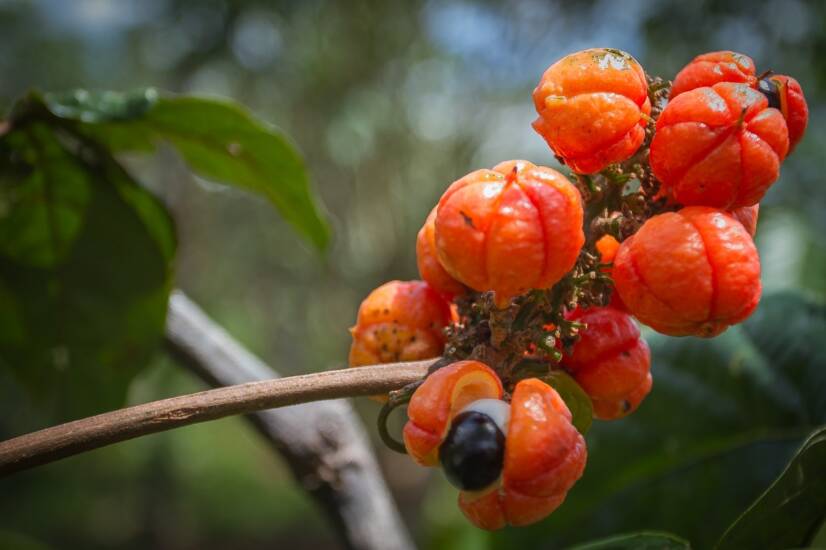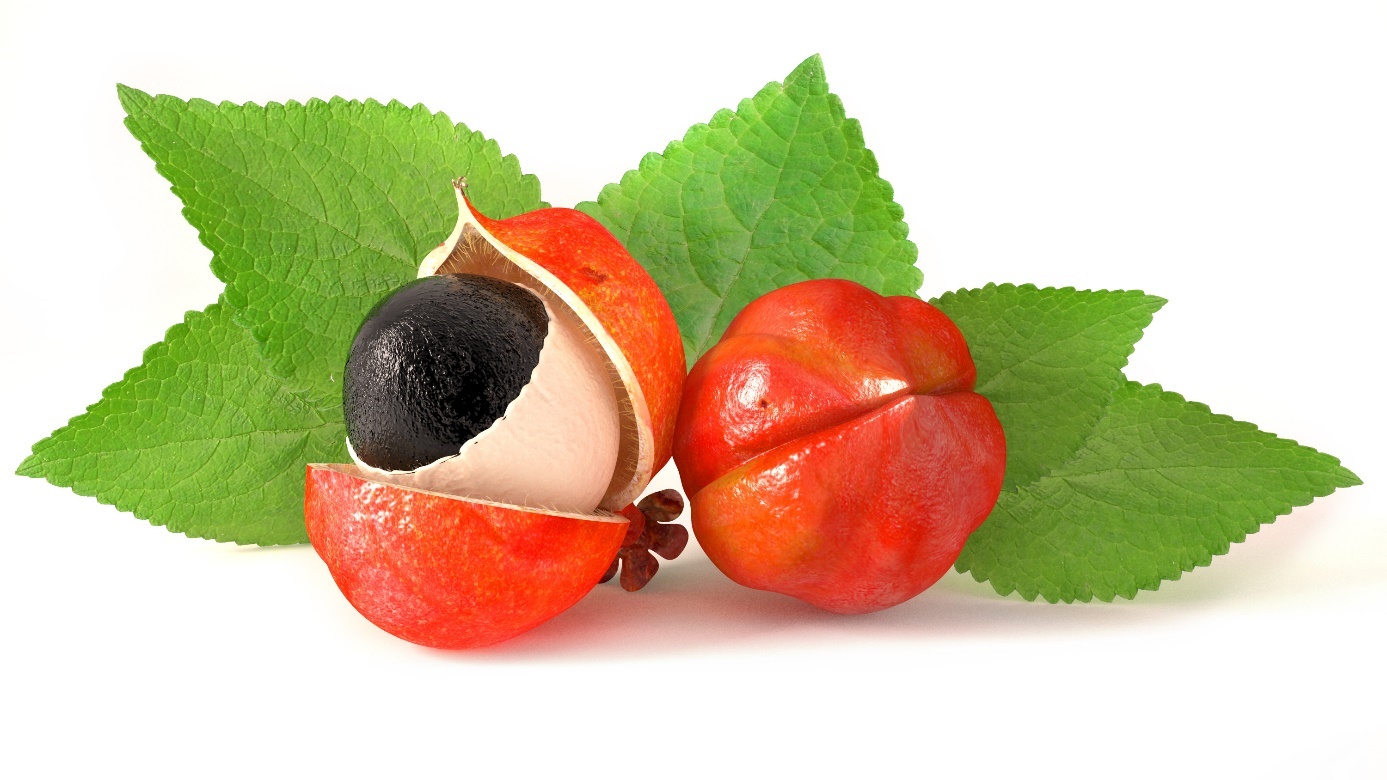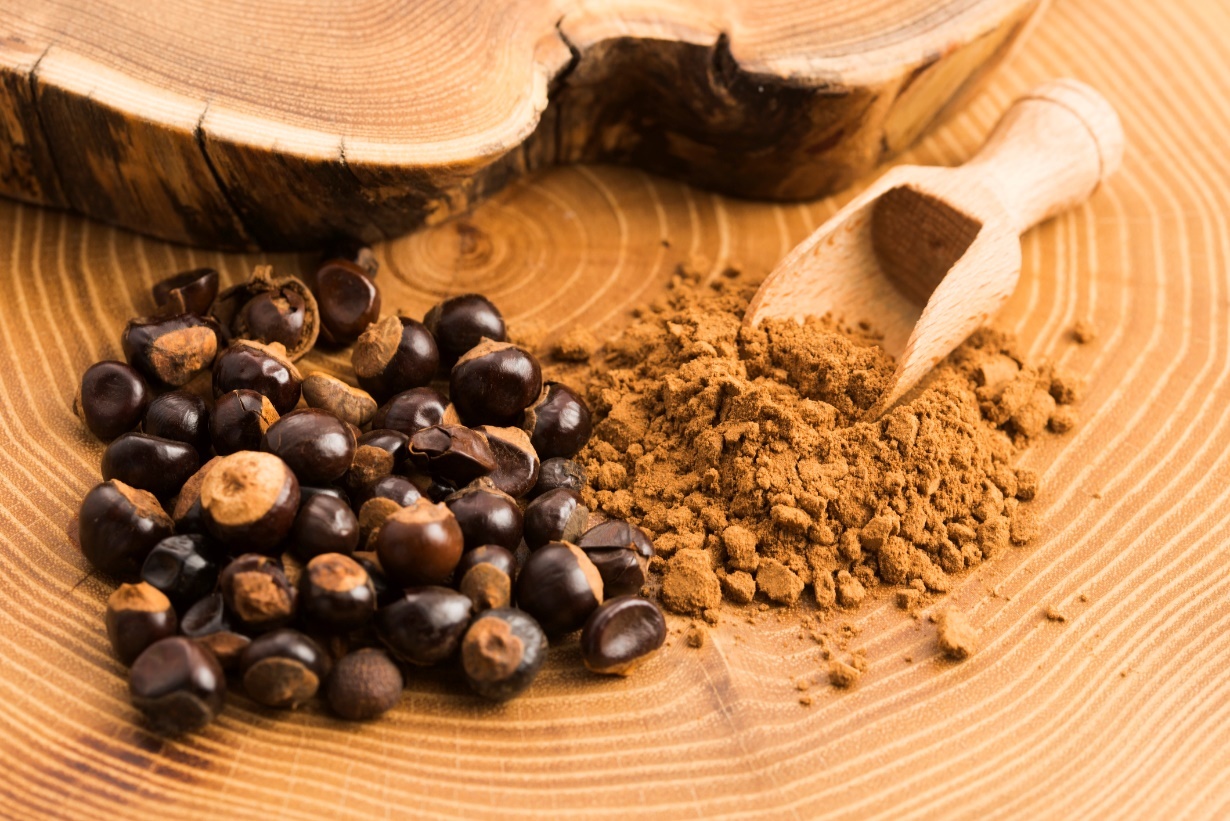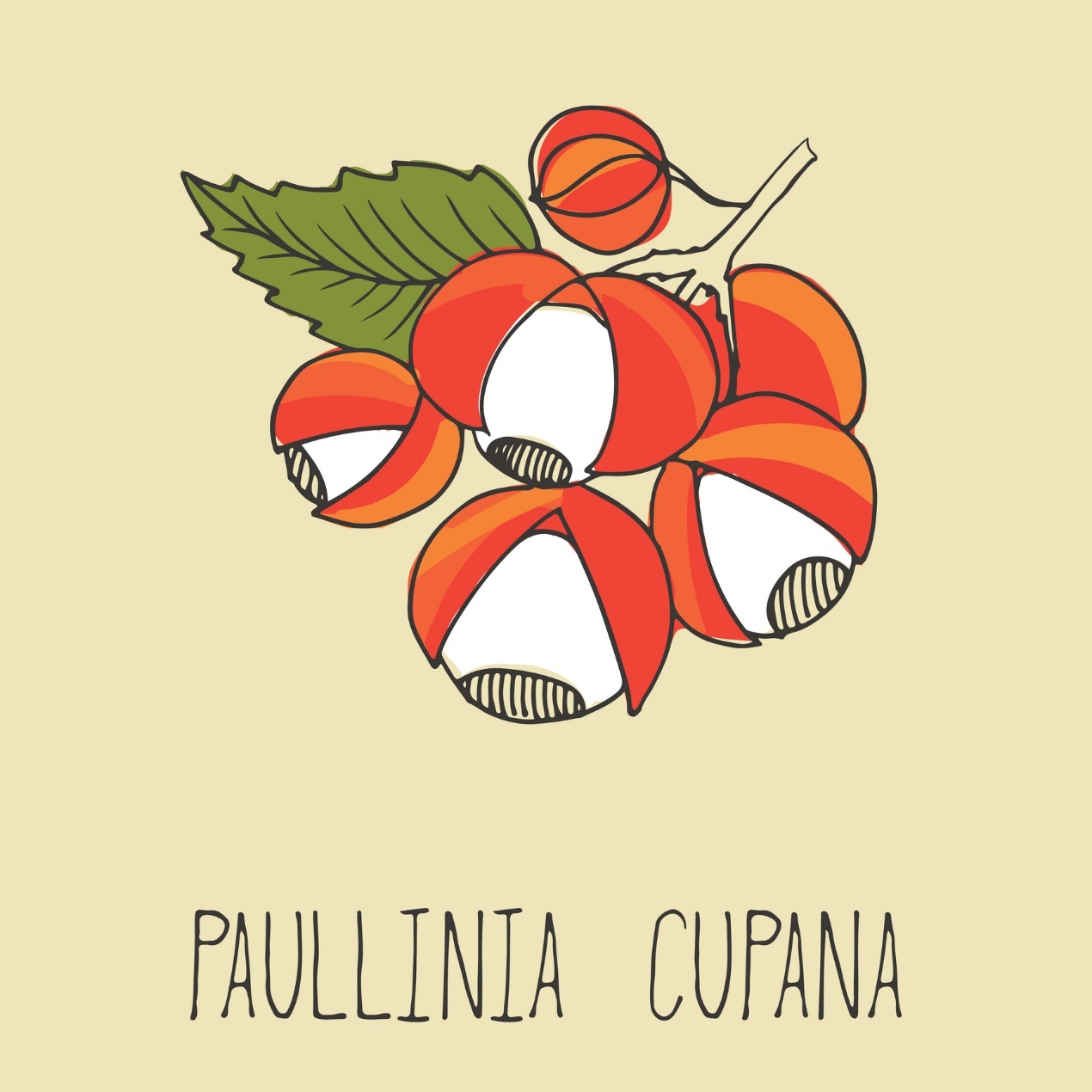- mayoclinic.org - Drugs and dietary supplements that can raise blood pressure
- healthline.com - 9 side effects of too much caffeine
- webmd.com - Guarana
- reference.medscape.com - Guarana (herb/supplement)
- britannica.com - Guarana
- researchgate.net - Guarana and its possible health effects
What is guarana - paulina? What are its desirable and undesirable effects?

Guarana (Paullinia cupana) is a medicinal plant. It contains more caffeine than coffee. It is used for fatigue to improve attention.
Characteristics
It is native to the Amazon, with Brazil as its country of origin. It is also found in Ecuador, Venezuela, Colombia and Peru.
In South America, the roasted seeds are used to make a stimulating drink that is bitter, astringent and lukewarm with a coffee-like aroma. The caffeine content of the drink is about three times higher than that of a cup of coffee.
Guarana, also known as the paulina beverage.
Guarana contains tannins, saponin, starch gum, oils and a pungent green fixed oil, catechins.
The main active ingredients are:
- caffeine (guaranine).
- theophylline
- theobromine
Guarana extract is produced by grinding the seeds into a powder.
Amazonian tribes have used the plant for medicinal purposes for centuries.
Effects of guarana:
- Antioxidant - It scavenges free radicals, prevents cancer or heart disease, and slows cell aging.
- Stimulant - The active ingredients reduce fatigue and increase attention, boosting energy.
- Anorexic - Reduces weight.
- Antidiarrheal - Improves digestion, reduces diarrhea and tones the digestive tract.
- Laxative - Improves patency in constipation, regulates digestion.
- Cardioprotective - Antioxidants reduce clogging of blood vessels by atherosclerotic plaques.
- Analgesic - Relieves pain.
- Antidepressant - Improves mood.
- Antimigraine - Helps with migraines.
- Immunomodulatory - Improves immunity.

Caffeine (guaranine) as one of the plant's active ingredients blocks the action of adenosine in the brain. This leads to a kind of "relaxation" of the brain.
Some studies have shown that guarana extracts reduce fatigue even in cancer.
Research has pointed to the fact that guarana can improve learning and memorization skills. It also improves overall fitness and enhances mood.
In a comparative study of guarana with ginkgo, researchers found that guarana increased the ability to solve tasks.
Some animal studies have shown that guarana extracts improve and enhance memory.
Guarana helps to reduce body weight. It is therefore useful as a prevention of cardiovascular disease, diabetes or cancer in the obese.
Caffeine stimulates the metabolism and thus leads to a reduction in calories.
However, the effect of guarana on fat cells as such is still unclear.
Guarana has been used for centuries in the treatment of chronic diarrhoea and obstipation (constipation). It acts on the gastrointestinal tract as a tonic. The antioxidants and tannin contained in the plant have these properties.
The tannins are water resistant and limit the amount of water absorbed by the intestine.
Caffeine, on the other hand, has a mild natural laxative effect. It stimulates intestinal peristalsis and thus helps in constipation to get intestinal contents further into the rectum.
According to studies, guarana can reduce the oxidation of LDL cholesterol, which builds up in atherosclerotic plaques. This helps prevent heart attacks or strokes.
Guarana extracts can relieve pain due to the caffeine they contain. This is also used by Amazonian tribes.
Because caffeine thins the blood, the effects of guarana are also used in cosmetics, including anti-aging creams, hair gels, etc.
Antioxidants have a good anti-aging effect on the skin. Studies have shown that guarana extracts reduce sagging of the cheeks, increase skin tightness and reduce the appearance of wrinkles around the eyes.
In animal studies, guarana extracts reduce the growth of cancer cells.
The antibacterial effect of guarana has also been observed. The bacterium Streptococcus mutans, which causes plaque in the oral cavity, was blocked from growing after taking this plant.
The extract of this plant inhibits (slows down) the growth of bacteria that cause food poisoning. These include Escherichia coli or Bacillus cereus. The substances it contains also act on moulds such as Aspergillus niger.
Antioxidant substances also lead to the prevention of eye diseases such as glaucoma, cataracts and macular degeneration.
Guarana protects the body from the effects of cadmium.

Side effects
They occur only in overdose or high doses of caffeine. They include heart palpitations, insomnia, headaches, anxiety and fear.
The use of guarana is not recommended for pregnant women. It is also not recommended when breastfeeding. Caffeine crosses the placenta and can cause abnormalities in fetal development, even miscarriage.
Interaction with other substances
Caution should be exercised when taking other mixtures containing caffeine, e.g. coffee.
It is not recommended to take guarana with certain antidepressants or with lithium.
In overdose, some harmful effects occur - explosiveness, anxiety, arrhythmias, diarrhea, cramps, increased urination, dizziness, muscle cramps (withdrawal symptoms), nausea to vomiting.
Contraindications
Guarana cannot be used in gastroduodenal ulcer disease.
Internal use
Tea - The crushed seeds in the tea mixture are covered with water and allowed to infuse for 10 minutes.
Powder - Like the tea, the seeds are finely ground.
Guarana extract - Found in energy drinks or in tablet form commonly available in pharmacies.
External use
Ointment - Can be made from an extract of the plant in olive oil and beeswax. Can be used for muscle aches etc. Not very widespread.
Harvesting and storage
It has a smooth, upright stem. Its leaves are large with five petals. The flowers develop in racemes. The fruit is the size of a coffee bean, red in colour, with a white drupe surrounding a black seed. The fruit usually contains a single seed.
Attractions
It should be remembered that dietary supplements containing guarana can affect blood pressure. Therefore, you should always consult your doctor about taking them.
Guarana extract (Paullinia cupana) is also used in the industrial production of energy drinks.
The antioxidant profile of guarana is similar to that of green tea.











